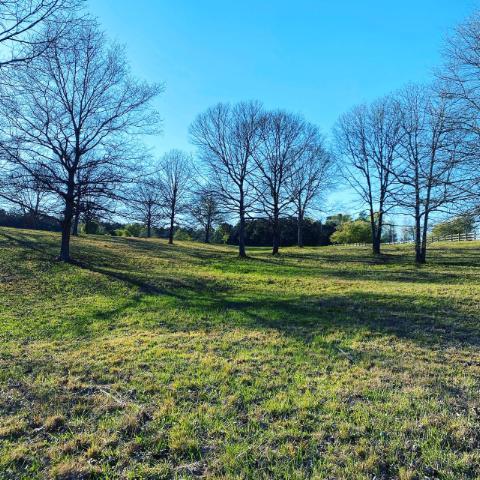I think sometimes "detail" in writing is seen as unnecessary filler that stands in the way of "story." That it's a way to pad out a book as a means of upping the page count, or is the result of an author not knowing when to dial things back. While I DO think there are times when certain details detract rather than add to a story, I don't see "detail" and "story" as two separate entities. I think there are readers who don't genuinely like the act of reading: readers who want to know what happens, but who don't care about the words that led to that understanding. That's fine, obviously - but I love words. I love the play of them against one another; the ebb and flow. The words themselves, the use of them, their arrangement, the sounds they make in your mouth and brain are what give a story its tone. Its emotion. Striking details are what elevate a story from a simple recitation of events to something vivid and cinematic - and I am ALWAYS aiming for cinematic with my writing.
Lighting - natural and artificial - is what makes a film or a TV show visually stunning. It's what makes an otherwise flat photo a work of art. In the garden, at the barn, I find myself constantly captivated by the play of light and shadow; by the shifting quality of sunlight as the seasons progress. It's something I love using in my writing. I can't capture it and press it into the pages of the book, obviously, not in a literal sense, but I can use detailed descriptions to make it a visual experience for readers. The light sets the scene, and the characters move through it, and if you can envision the moment playing out as if you were watching it unfold in real life, or on a movie screen, then I've been able to use the physical realm to manipulate your emotions while reading. That's the point of detail: to convince you to feel a certain way.
That's why lighting is so important, and one of my first concerns when laying out a scene in one of my novels. Whether it's the pure, fragile white-gold of an afternoon in early spring, the magenta veins traceable in the soft pink petals of a tulip. Or the blue glow of a TV late at night, when a commercial comes on, and the drinks have kicked in, and trading quips over the latest episode of Grey's turns into one of those heavy, Real Talk conversations. The corals and sherbets of an idyllic sunset after the perfect day, when your mouth still tastes like popsicles and your face hurts from smiling so much. The bold, heavenly shafts of sunlight breaking through storm clouds. The heady flicker of a half-dozen candles trying to press the shadows deeper into the corners. Silent dust motes swirling in the lazy panels of summer light beaming across the floorboards. All of it makes you feel a different way; paints a different sort of scene.
Light shapes the way we see the world around us, and a detail that important is, at least for me, an essential consideration while writing.




Brava!
ReplyDelete